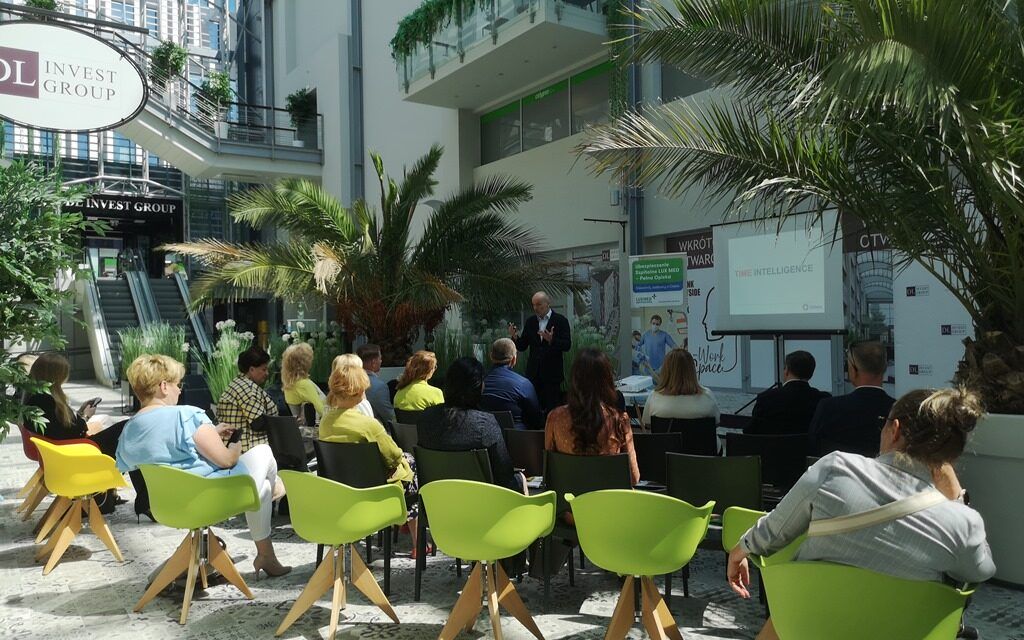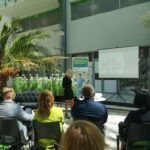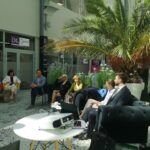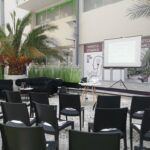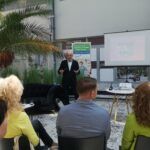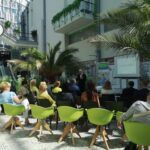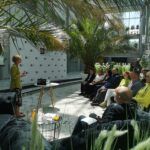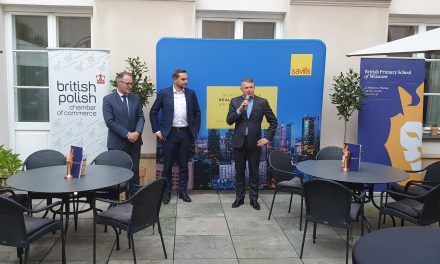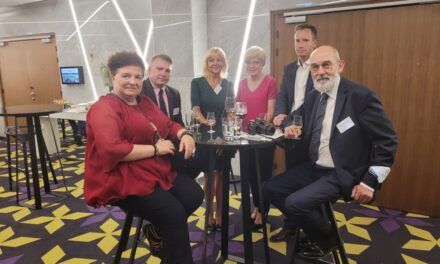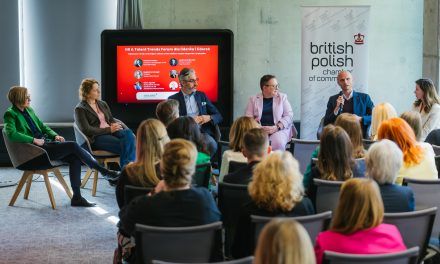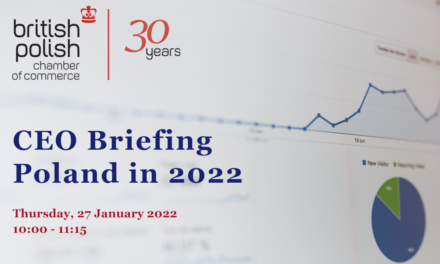The next edition of the event for the HR industry on creating employee well-being in the post-pandemic era was held in Katowice on 31 May 2023.
Courtesy of a member company from the Upper Silesia region, DL Invest Group, we had the pleasure of meeting and inviting companies operating in the Silesian agglomeration to talk. The meeting took place in the modern Atrium space at al. Korfantego 138 in Katowice.
The meeting was opened by Urszula Kwaśniewska from the BPCC, who emphasized the importance of regional meetings with entrepreneurs, and Wirginia Leszczyńska, CEO of DL Invest Group, welcoming guests to the space managed by the company. The moderator of the meeting was Paweł P. Mlicki, senior manager at Déhora Polska, working-time management expert and mediator.
Dr Mlicki made the first presentation on flexibility in the working time planning process, explaining the concept of Time Intelligence, focused on the value of time in the life of modern people – something that is gaining importance – and the pace of work. Then, based on his own experience in consulting in the manufacturing industry throughout Poland, Dr Mlicki discussed the possibilities of flexible scheduling of shift work, which increases the comfort of the employee, and ultimately contributes to specific benefits for the employer.
The presentation of Maria Lorenc from Kinnarps complemented the topic of increasing employees’ comfort and eliminating the effects of being burdened with various stimuli from the environment. As an expert in ergonomics, she described the concept as it affects today’s workplace, taking into account the latest research on the human body and brain. Multi-tasking, she said, is a myth that no longer works; it’s good to work in your own pace, with an awareness of how much time it takes us to return to the initial situation when some external factor distracts us from work. Ms Lorenc, as an advocate of the importance of movement in human life and health, reminded participants that the greatest physical relief at work comes from changing position, as well as maximising the time spent on movement during the day.
The next speaker was Aneta Kulik from DL Invest Group, presenting the concept of creating employee well-being in the company. It is a relatively young company and one of the most dynamically developing investors on the real estate market, which has been operating on the basis of a proven business model for 15 years. The company grew together with the employees, investing in their development and in ecological solutions in the field of organisation of work space and commuting to work; the growth of the company also stimulated the development of employees, so there is a synergy. There have been many internal initiatives coming from employees, said Ms Kulik.
After the coffee break, Lux Med presented its solutions. Marek Solecki, head of the Health Education Office, and Amelia Zgierska, Managed Corporate Sales discussed the latest market data regarding occupational burnout and the increasing number of anxiety states, and how corporate medical services can support employers in education and counteracting this type of absenteeism at work. Lux Med encourages monitoring the physical and mental condition of employees to prevent possible illnesses at an early stage. Private hospital and emergency care, partly implemented through state hospitals throughout Poland, were also discussed.
Lawyers from PCS Paruch Chruściel law firm, Sandra Szybak-Bizacka, legal adviser and partner, and Mariusz Maksis, advocate and lawyer, commented on the themes of the presentations. The latest changes in the Labour Code caused by the implementation of the EU Work-Life Balance Directive were discussed. The changes, related primarily to the conclusion of employment contracts and the granting of leave, aim at greater transparency and flexibility, and thus greater predictability of the employment process and work performance.
The culmination of the meeting was a panel discussion moderated by Dr Mlicki with the participation of all the speakers. The focus was on creating a workplace culture around the individual, which puts human resources and the employee’s natural need to identify with the workplace in first place, which satisfies their need to belong and builds a sense of meaning from the work performed.






